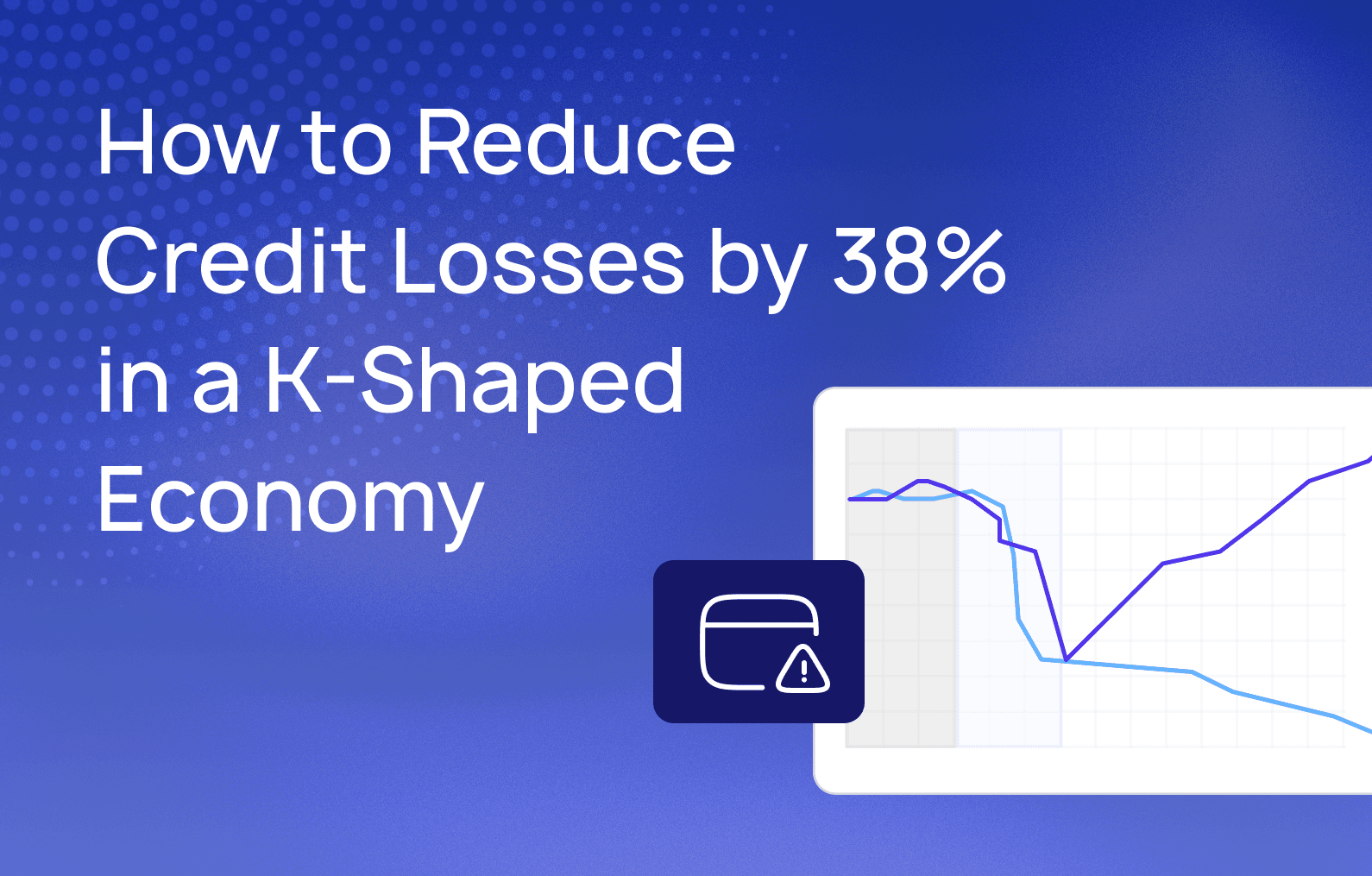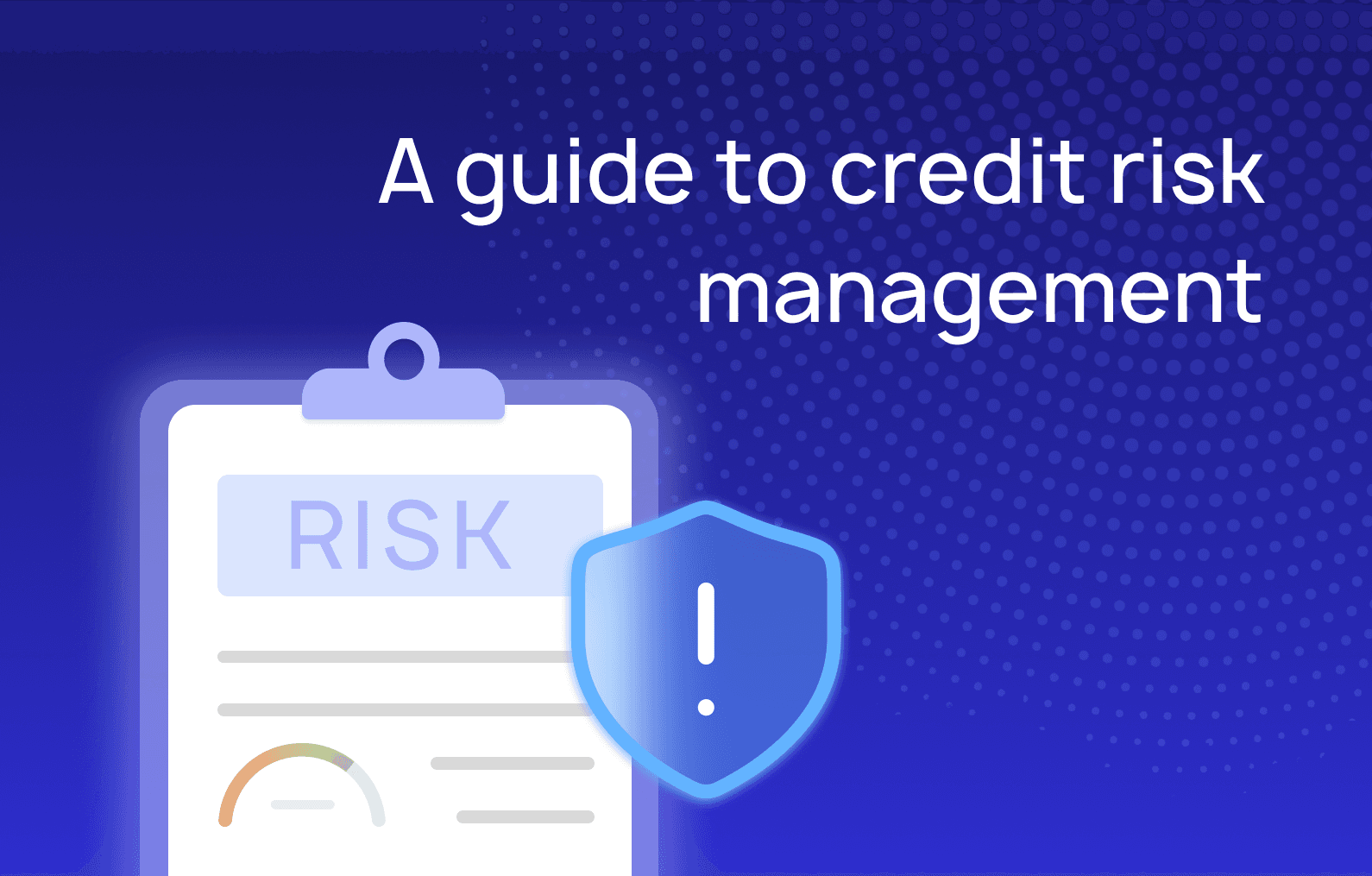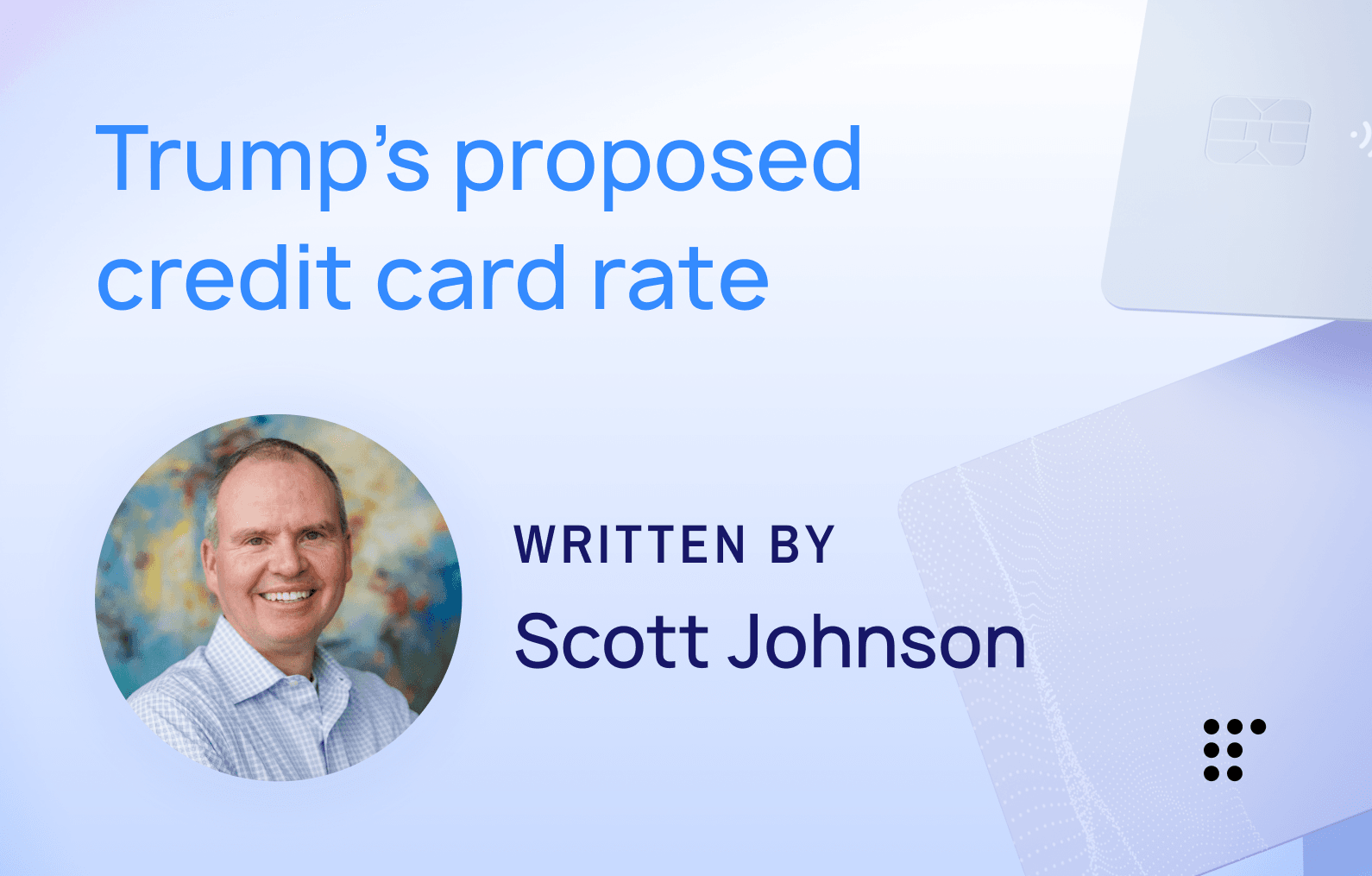CARD Act Compliance Summary
The CARD (Credit Card Accountability Responsibility and Disclosure) Act is an amendment to the Truth in Lending Act (TILA) that is meant to place controls on open-end credit lending—particularly lines of credit, or credit cards. As such, it mandates specific disclosure and statement requirements and limits what creditors can do in terms of charges and fees for lines of credit. This document acts as a quick summary of the main points of the act and describes the ways LoanPro can help fulfill certain requirements.
CARD Act Requirements
- Credit card issuers must give their card holders written advance notice of any increase in APR or any other “significant changes” to their account at least 45 days prior.
- In general, a creditor cannot change the terms for repaying an outstanding balance or increase any APR, fee, or finance charge to a credit card account outside of certain exceptions.
- Creditors are prohibited from practicing double-cycle billing or placing penalties for on-time payments.
- A consumer must opt-in to over-the-limit transactions before a creditor can allow such a transaction and charge an over-the-limit fee to the consumer.
- If a consumer makes payment over the required minimum amount, the creditor must allocate the excess of the payment in a specific manner.
- For any credit card plan that is generally offered to college students, the amount of fees can’t exceed 25% of the credit limit in effect at account opening (not including late payment, over-the-limit, or returned-payment fees) in the first year of the account.
- Card issuers must deliver a periodic statement at least 21 days before the payment is due, and the payment due date must be on the same date every month.
- Creditors can’t open or increase the limit of any credit card account unless they have considered the consumer’s ability to make the required payments.
- A creditor must provide consumers with a disclosure regarding details of the payoff timing and amounts for their balance, and the deadline after which a late payment will have a late fee, charge, or other penalty imposed.
- Credit cards and other open ended credit plans cannot be opened for consumers under the age of 21 unless the underage consumer has a cosigner or submits financial information that indicates an independent means of repaying any ensuing obligation.
LoanPro Solutions
Keeping in line with those requirements can be difficult on legacy systems, but LoanPro’s credit and loan management software has configurable, modern tools that can keep you compliant by default.
- LoanPro allows you to sort loan and line of credit accounts into portfolios based on specific criteria.
- Calculations will automatically prevent double-cycle billing from occurring.
- Notice and disclosure forms that follow safe harbor templates are available as custom form templates.
- Event and trigger based notifications can be used to automatically send any required written notices.
- The Payment Type feature allows lenders to customize the application of a payment to different parts of a loan.
- In LoanPro, you can use rules, agent walkthroughs, or both to ensure a customer is processed correctly if they are underage.
More resources
- FTC Statutes page. A brief summary of the CARD Act and links to the full text of the document.
- The CFPB’s Interactive Bureau Regulations for Reg Z. The CARD Act is implemented through Reg Z, the same regulation that implements the Truth in Lending Act.




